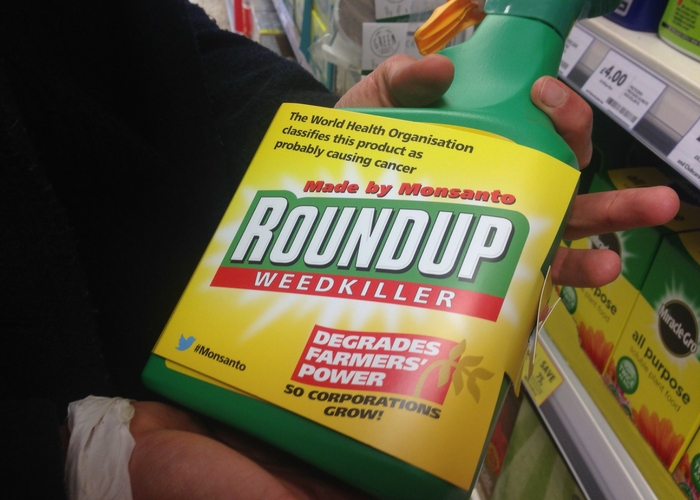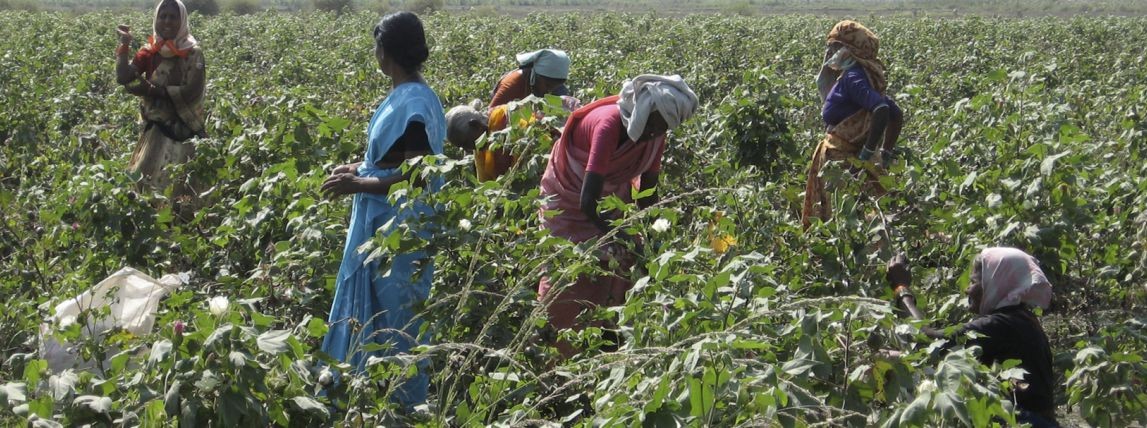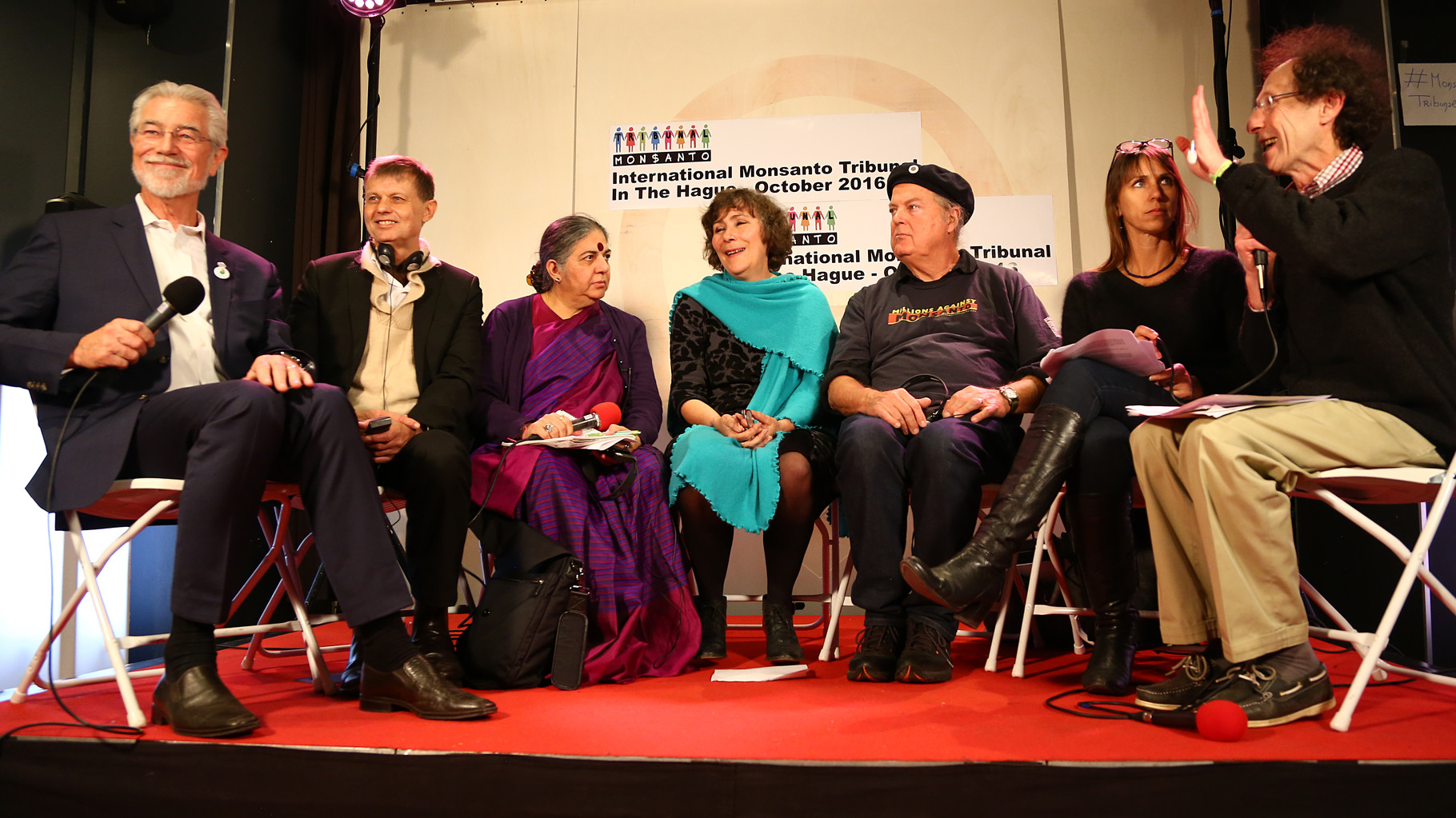
 The battle against Monsanto steps up a notch
The battle against Monsanto steps up a notch
Monsanto is one of the world’s leading seed and chemical companies and its activities affect us all. Its best-selling weedkiller is made from a chemical called glyphosate that the World Health Organisation has found to probably cause cancer. Yet its use is now so widespread that traces are found in one out of every three loaves of bread in the UK.
That's why earlier this year, in the lead up a EU decision about whether to relicense glyphosate, Global Justice, a global movement campaigning for a more equal world, mounted public pressure on decision makers with their Monsanto honest marketing campaign.
The campaign consisted of sending thousands of spoof labels with honest marketing slogans to individuals which ended up on supermarket shelves across the UK. The campaign was part of widespread opposition across Europe and whilst the chemical, glyphosate, was relicensed for 18 months pending further research, it lead to the rejection of the automatic 15 year licence which was expected by Monsanto. Power to the people!

It’s not just selling toxic chemicals to the mass market that puts a bad mark on Monsanto’s record. They push a model for farming that takes control away from small farmers and causes serious environmental damage. They get farmers hooked on their expensive weedkillers and seeds and every year are not allowed to keep leftover seeds.
Not only does scientific evidence show that organic methods are effective for growing healthy food and less damaging for the environment but being able to keep, save and exchange a wide range of seeds also helps maintain variety in crops & plants and supports resilience in farming.

This year, a series of groups around the world are holding an international “people’s tribunal” with the idea being to hold Monsanto accountable for their impact on communities and the environment.
The tribunal, taking place 14th-16th October will be held at The Hague and will be conducted by legal professionals and judges. They will decide whether Monsanto is guilty of the following:
- Violating the right to a healthy environment; the right to food; the right to health and academic freedom. These rights come from legal texts like the 2011 Guiding Principles on Business and Human Rights.
- Being involved in war crimes for supplying herbicides to the US military for Operation “Ranch Hand” during the Vietnam War.
- Committing ecocide - this means causing serious damage or destroying the environment in a way that significantly changes the environment that certain people rely on.

Despite being carried out by lawyers and judges the results of the tribunal will not be legally binding but will help mount pressure and will be a huge step symbolically to show how a corporation could be brought to account.
Corporate power and the pursuit of profit at the expense of human rights, environmental protection and democratic processes lies at the heart of many of the injustices that the world faces today. Efforts to constrain this power have been given a new energy through a UN initiative. A UN treaty on business and human rights could enforce minimum standards for corporations to abide by and failure to do could lead to legal action. The potential for curbing corporate power would be huge but it would also take many years to achieve.
In the meantime, the Monsanto tribunal will not only expose the consequences of Monsanto's activities on livelihoods, health, human rights and the environment, but will also demonstrate to the world what could happen if citizens were able to hold corporations accountable.
Find out more about the Monsanto Tribunal here
Find out more about Global Justice Now and their work on their website
